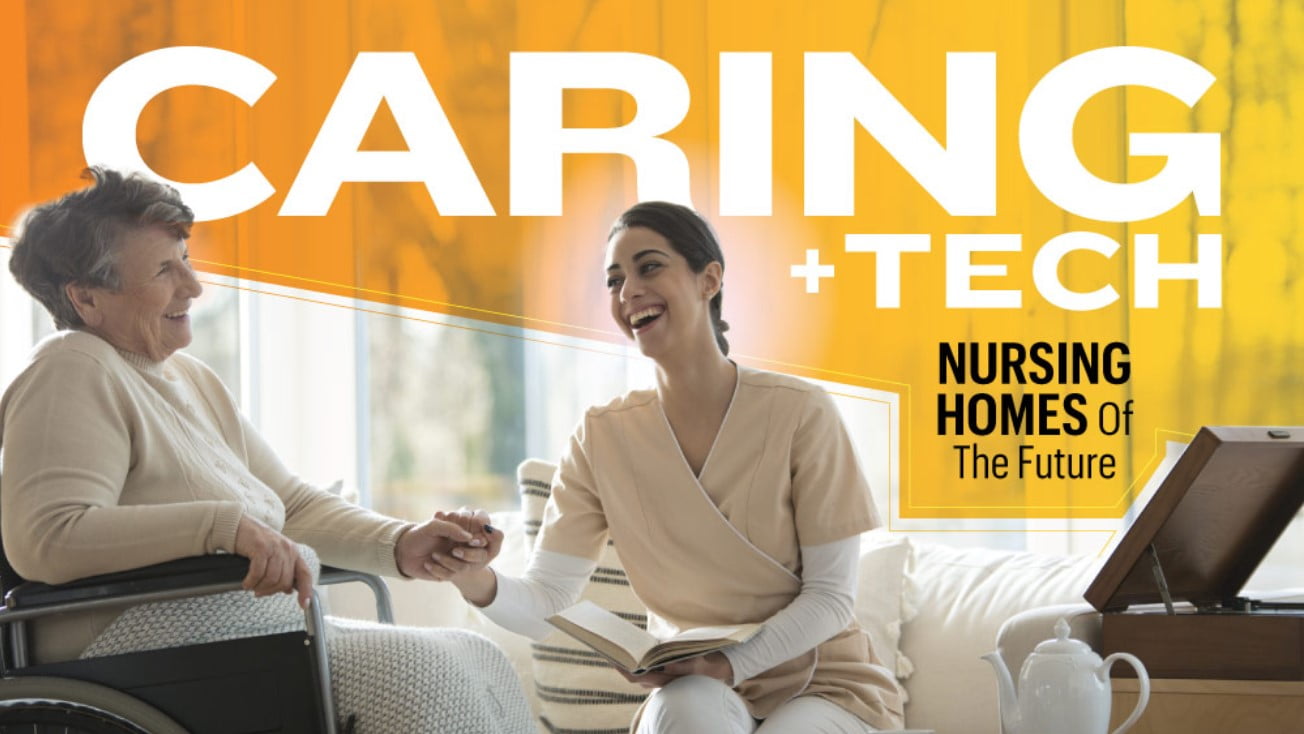In the age of COVID-19, senior citizens have borne the brunt of casualties. This is especially true of those living in nursing homes, though the extent varies. 25% of US coronavirus deaths occurred in nursing homes, but 4-5 star nursing homes had 94% lower risk than their 1 star peers. When the pandemic ends, those disparities will remain. As the Baby Boomer generation of America ages, nursing homes will house more people than ever in coming years.
Q3 2020 hedge fund letters, conferences and more
Nursing Homes Remain Unpopular
Despite the upward trajectory of demand, nursing homes remain unpopular among Americans. Only 19% think nursing homes make seniors better off. Seniors don’t move into nursing homes because they want to, but because they can no longer care for themselves and lack the resources to pursue other options. Average nursing home residents need 4 hours of personalized nursing care every day due to diseases like Alzheimer’s or arthritis. Care like that is hard to get anywhere else.
Unfortunately, meeting senior’s medical needs currently comes at the cost of social isolation. Moving away from friends and routines causes depression in 40% of seniors, a statistic tied to worse health outcomes in a bitter cycle. Even before COVID-19, 55% said they didn’t see enough of their families, a sad reality that generates a sense of abandonment in nursing home residents. Nursing homes need to adapt. They must find ways to either increase social outcomes for residents or give seniors the tools they need to live independently.
The Future Of Medical Technology
Advances in medical technology are improving the quality of nursing home care all around. Some innovations can even help seniors regain independence and return home. Current tech includes Solo-Step, a rehabilitation harness that prevents fall-related injuries and lets users move about more freely, and Aiva voice assistant, which gives seniors an easier way to communicate with other residents, family members, and caregivers from a distance. Coming in the future are things like The Kidney Project, an artificial kidney that would remove the need for dialysis. These products give aging people a chance at a brighter future in spite of the current health crisis.
As Elaine Ryan, Vice President of Government Affairs for State Advocacy at AARP, says, “this pandemic has made us painfully aware that we can’t ignore our most vulnerable people. Americans always respond to a crisis. And there is hope that, with innovative ideas and bold action, they will again.”







